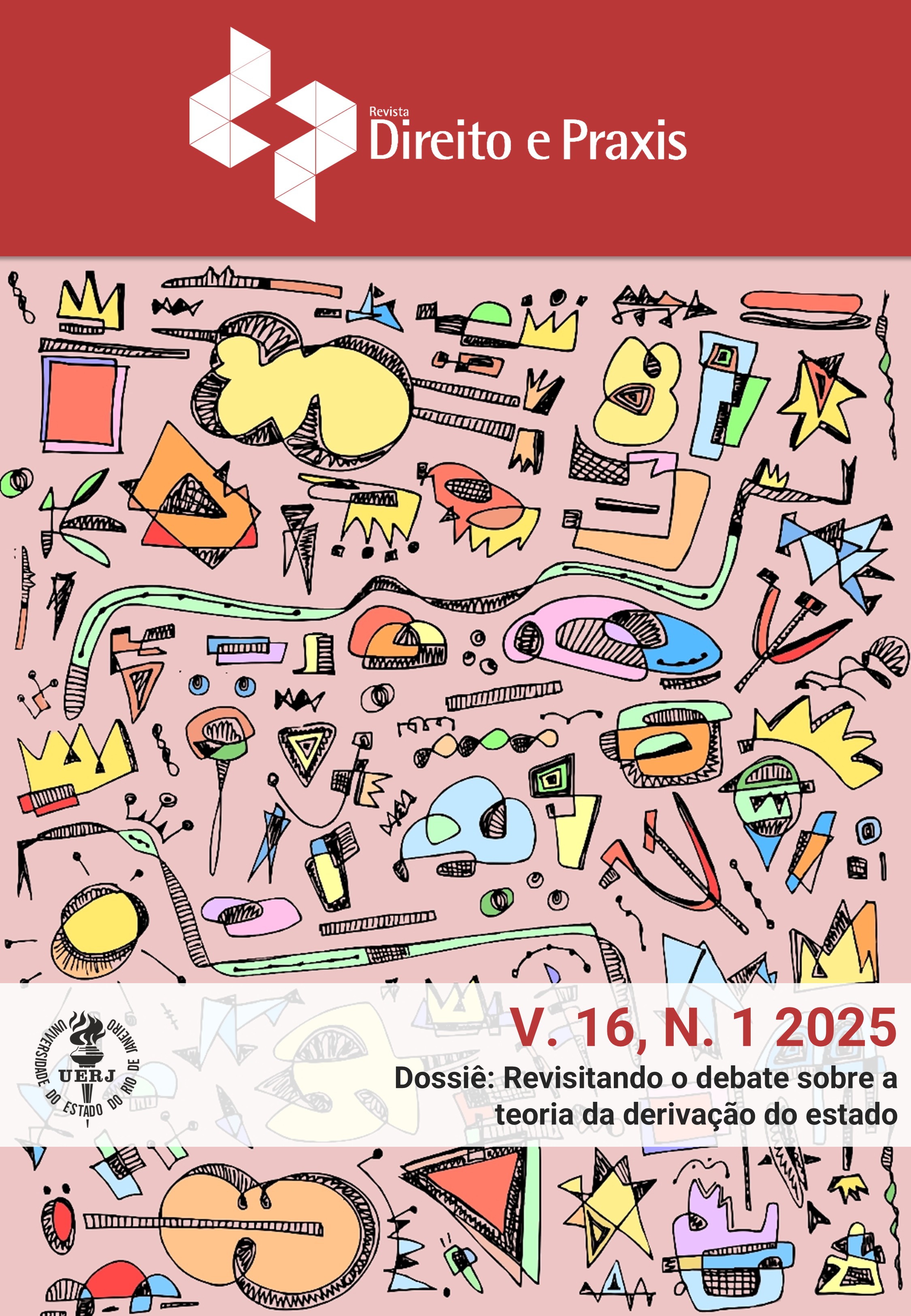Luiz Gama and the construction of Brazilian citizenship (1864 to 1882)
Palabras clave:
Material rights of citizenship, Luiz Gama, Brazilian social thinkingResumen
https://doi.org/10.1590/2179-8966/2025/71155
In an era characterized by intellectual debates on the construction of the Nation-State, civil rights, and the abolition or preservation of the slavery society, the abolitionist, poet and certificated lawyer Luiz Gama, is examined as a social thinker and architect of a “future Brazil.” This study aims to analyze and compare Luiz Gama’s discourse regarding his path towards fostering citizenship in Brazil and shaping post-abolition public policies (which he did not live to witness). Alongside Gama, the study also includes discourse from diverse nineteenth-century thinkers, namely Marques de Queluz, José Bonifácio, José de Alencar, and André Rebouças. In contrast to these thinkers, Gama’s position is observed to prioritize key elements such as the Republic, abolition, and basic education (characterized by its secular, mandatory, and inclusive nature) in realizing access to citizenship and achieving effective democracy. Luiz Gama envisioned the implementation of a social organizational model rooted in a democratic, Republican, federative state, featuring decentralized political participation beyond the capital, and grounded in the aforementioned education for all inhabitants of Brazilian territory, regardless of origin, race, or creed. It is important to note that the author’s notion of universality is perceived as male-oriented (although he does not explicitly prohibit access for girls and women, there is no mention of them in his texts).
Descargas
Descargas
Publicado
Cómo citar
Número
Sección
Licencia
Derechos de autor 2023 Direito e Práxis

Esta obra está bajo una licencia internacional Creative Commons Atribución 4.0.
Los textos son de exclusiva responsabilidad de sus autores.
Se permite la reproducción total o parcial de los artículos de la Revista Derecho y Práxis, siempre que citada la fuente.
Este trabajo está licenciado bajo una Licencia Creative Commons 4.0, Asignación-Sin Derivaciones.
Esta licencia permite copiar y redistribuir el material en cualquier soporte o formato para cualquier fin, aunque sea comercial, desde que citada la autoría original.
This work is licensed under a Creative Commons Attribution 4.0 International License.



